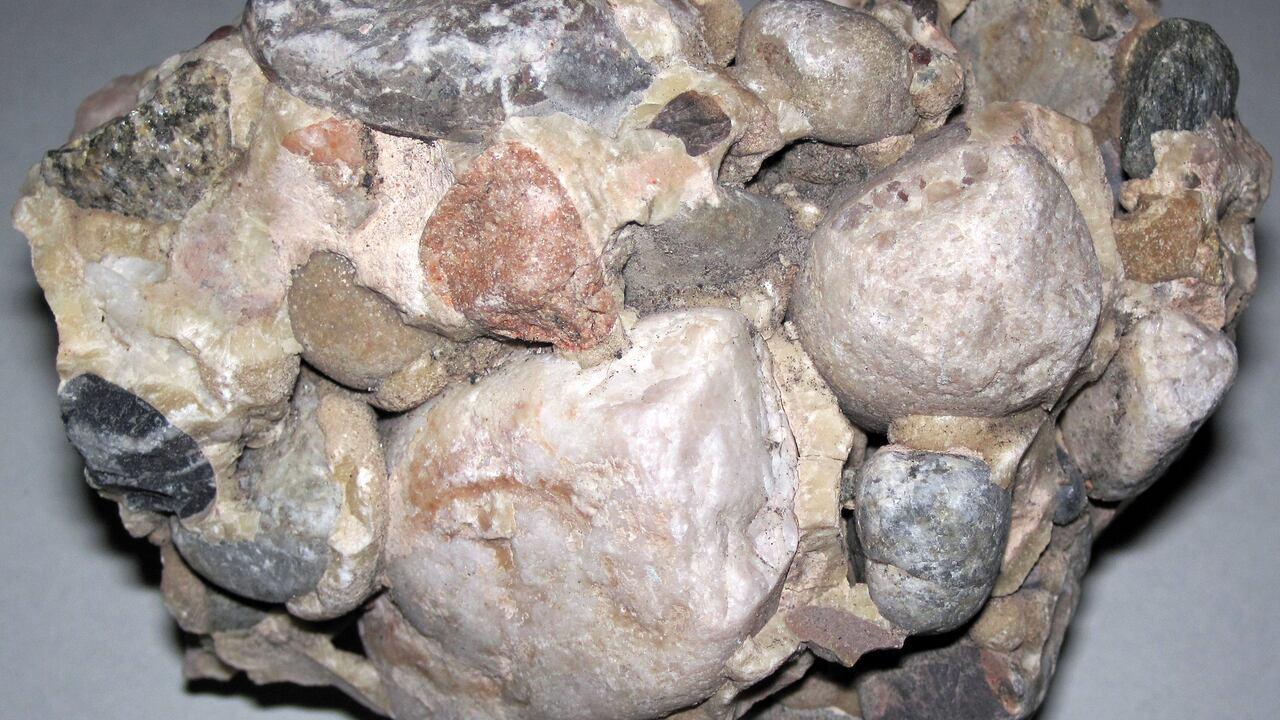Event JSON
{
"id": "d58dec2e664b2fd3f5b9fb14c5f972d6ae974dbf103400d6fb072893fa531a2e",
"pubkey": "d99e4f0f5f09c486af1355ce7bec3ca894e76bd1e72cb9bf040ae19da664ea3e",
"created_at": 1746606370,
"kind": 1,
"tags": [
[
"t",
"geology"
],
[
"t",
"environment"
],
[
"t",
"industry"
],
[
"imeta",
"url https://files.hongkongers.net/media_attachments/files/114/465/595/058/488/005/original/3075da7ea0e7bd0f.jpg",
"m image/jpeg",
"dim 1280x720",
"blurhash UMI}eXt70LSN$zofadj?4:bIxuRiW?kCD*WA"
],
[
"proxy",
"https://mastodon.hongkongers.net/users/cbcbc_mirror/statuses/114465595074050606",
"activitypub"
],
[
"client",
"Mostr",
"31990:6be38f8c63df7dbf84db7ec4a6e6fbbd8d19dca3b980efad18585c46f04b26f9:mostr",
"wss://relay.mostr.pub"
]
],
"content": "Humans are accidentally making new rocks with their industrial waste\nResearchers have discovered a new rock cycle in which industrial waste rapidly turns into rock. As Johanna Wagstaffe explains, this fascinating new process raises serious environmental concerns.\n#geology #environment #industry \nhttps://www.cbc.ca/player/play/9.6750217?cmp=rss\n\nhttps://files.hongkongers.net/media_attachments/files/114/465/595/058/488/005/original/3075da7ea0e7bd0f.jpg",
"sig": "35e555e0cdae19e2033ac806359fcbe6b9577514c5947dbcbbe58690f0ff87a6592152dc6e5b63b554e6bb1fd36997346058a836c8a5fad06ff16508d677381d"
}
